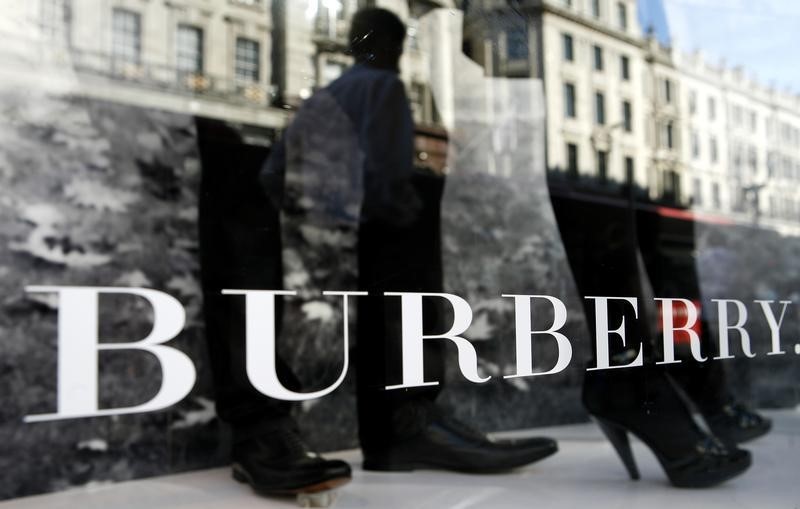Sharecast - Stocks to watch
British high-end fashion group Burberry (LON:BRBY) has delivered a significant profit warning on the back of the well-cited slowdown in luxury demand, which has rocked the industry over recent months. The company now expected adjusted operating profit for the financial year to 30 March 2024 to be between £410m and £460m, well below the £552m to £668m range guided to at its interim results just two months ago. Retail revenues were down 7% in the third quarter at £706m, with comparable store sales falling by 4%.
Oil industry services company Wood Group (LON:WG) said full-year adjusted core earnings would be slightly ahead of expectations on the back of a strong order book. Adjusted earnings before interest, taxes, depreciation, and amortisation for 2023 was now forecast to come in at $420m to $425m, up 9%. Revenue rose 9% to $6bn with good growth across all business units, Wood said in a trading update on Friday. The order book was up 4% to $6.1bn, supporting growth expectations for 2024.
Newspaper round-up
The former UK boss of Fujitsu, the technology firm whose flawed IT system is at the heart of the Post Office Horizon scandal, received a £2.6m payoff after standing down from the company in 2019, corporate filings suggest. Fujitsu has come under increasing scrutiny during the public inquiry into the Horizon scandal, which led to thousands of people who owned and ran smaller post offices being falsely accused or convicted of theft or fraud between 1999 and 2015. – Guardian
Boeing (NYSE:BA) is facing a formal investigation into whether it made sure 737 Max 9 planes were “in a condition for safe operation” after a cabin panel blew off during an Alaska Airlines flight. “This incident should have never happened, and it cannot happen again,” the Federal Aviation Administration said, announcing an investigation into whether the planemaker “failed to ensure” the jets complied with safety regulations. – Guardian
Out of stock. Those words may be coming back to haunt shoppers just as it appeared that supply chains were beginning to go back to normal. The boss of shipping giant Maersk warned on Thursday that the “brutal and dramatic” disruption to shipping through the Red Sea caused by Houthi rebel attacks could last for months, raising fears of price rises and empty shelves. – Telegraph
The UK boss of EY, who backed the now-abandoned scheme to split up the professional services group, has been granted another extension to his tenure, allowing him to continue to run the Big Four firm well beyond its mandatory retirement age. Most EY partners are required to step down when they reach 60, but Hywel Ball, 61, has received a one-year extension allowing him to continue in his role until June 2025, when he will be almost 63. – The Times
Tesla last night suspended most car production at its factory near Berlin, citing a lack of components caused by shifts in transport routes because of attacks on vessels in the Red Sea. The American maker of electric cars, which will restrict output in Germany between January 29 and February 11, said that “the armed conflicts in the Red Sea and the associated shifts in transport routes between Europe and Asia via the Cape of Good Hope” were leading to “considerably longer transportation times are creating a gap in supply chains”. – The Times
US close
Wall Street stocks were little changed at the close on Thursday as market participants digested some key inflation data.
At the close, the Dow Jones Industrial Average was up 0.04% at 37,711.02, while the S&P 500 lost 0.07% to 4,760.24 and the Nasdaq Composite saw out the session flat at 14,970.19.
The Dow closed just 15.29 points higher on Thursday, narrowly building on gains recorded in the previous session.
Thursday's primary focus was December's all-important consumer price index report, which revealed inflation had risen more than expected in December, according to figures from the Labor Department.
Consumer prices rose by 3.4%, up from 3.1% in November and above economists' expectations of a 3.2% increase.
The jump was driven mainly by higher housing costs. Core inflation - which strips out volatile food and energy prices - ticked down to 3.9% from 4%. Economists were expecting 3.8% growth.
